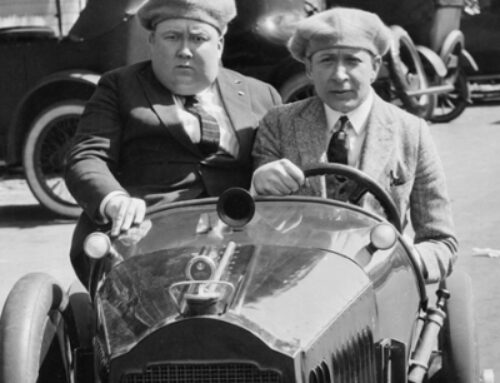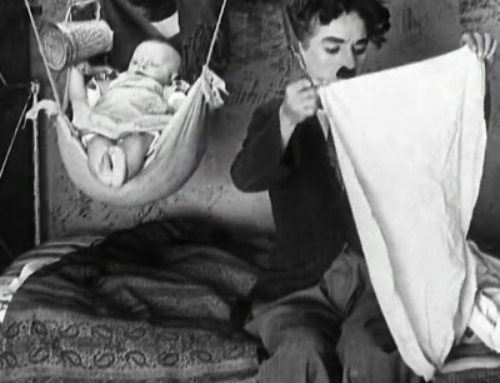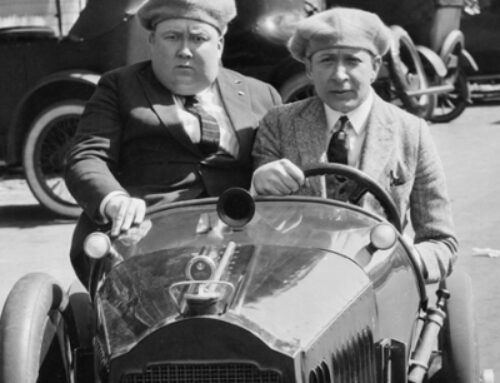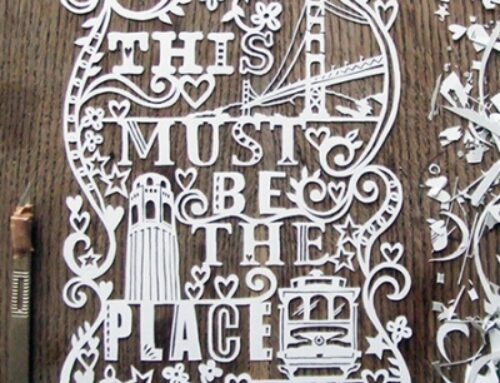Radical thinking about the cultural tools we have to guide the future of our cities. A cue for the days of ArtLab in Mantua, where Sept. 28-29 the potential offered by the upcoming Year of European Heritage will be rafed
Those who find themselves thinking about cities do so as urban planners, or architects, or promoters of services and events. The political dimension, now execrated, has been missing for years, and we all pretend to trust our technical-operational skills to make a contribution to solving the problems of the polis (which, of course, get worse, denying their deep root).
Almost all recent urban projects are like ancient mechanics. Genius ideas, very low efficiency, unassessable effectiveness-Leonardo never let Visconti win a war, but he charmed everyone, including posterity, with his imaginative designs. So the archistars, or those who think about events and performances: fireworks.
On the other hand, we have to realize that urban culture has been a protagonist of change, when it gave shape and seat to a new model of society to the peasant world, especially when it was shaken by the industrial revolution, but now, that the world is changing again with the digital revolution, urban culture is no longer up to the change.
We are stuck in a vision of the existing city, with its close physical relations, with its high content of identity signs, of memory of past innovations, as the best possible development environment, but it was compared to the traditional rural land relations, loose, slow, without signs, without history. We cherish the machine that gave us the change of modernity and its sense of history and fail to notice that the new levers of the city are already immersed in a new climate of change.
We see little of this momentous change because living involves habits and we are used to looking for stability as a positive factor, as an environment where we can develop well. And we think that the stability of the physical context where we live, the positive recognition of its forms, constitutes in no small part of our identity, and thus of our tools for facing the future. This is still true for those who live permanently in a quality context, but more than half of Italians do not live well, they seek change. Those who stay in the suburbs are accustomed not to stability but to change: because the context physically changes every year and because they move more and more, they see places from the window of the vehicle that takes them to distant destinations every day (more than ¾ of Italians take a vehicle every day). For them there is no longer time to get attached to places, if anything, identity is projected into symbolic, representative spaces, and these can be close or farther away, or even be virtual, just imagined.
The millennial generation (10+, 10-) is giving up normal place-bound identity and constructing identities based on non-places, that is, giving up differentiation in order to adhere to homogenized spaces and signs and belong to large groups that no longer resort to distinctive spatial signs, historical identities or grand ideal projects.
So on the one hand there is a world that claims to value local identity, cultural heritage (after trampling them like an elephant in a china shop), finances projects that intervene like drops in the sea to give back place to lost spaces; on the other hand there is the younger component of that world that does not recognize itself in places, but if anything in events, gatherings, and behaviors.
How to come to terms with a people not of citizens but of city-users? How to call into collaboration these inhabitants of non-places, of a world that seems to us only suburbs, who one weekend go trekking in the mountains and the next visit an exhibition 300 km. away and perhaps the next go to a pizzeria and a multiplex in the center? Of those days this stateless people mark in their diary (strictly shared and homologated to the iron rules of social pleasuring) indifferently the selfie with the theatrical stage, the company friends making mouthfuls, the little dog playing with the waves. The rest is context, blurry, as the latest version of the Iphone’s camera does by default.
Said rhetorically: What happens to politics if there is no longer polis as a value, what happens to culture if its cultivation is no longer deemed interesting, in the terms of obedience to long cycles, the sowing of knowledge, the care over time of the harvest and its valuing in terms of ideas?
What becomes of memory if it is no longer of interest to line up the events of our lives and those of others, if we use it only for flashes, sparks with no connection to each other, as do young children and the old forwarded, or cybernauts with the old hard-disks where they had put photos when the cloud did not yet dominate?
In short, what will be the relational values of our children, in time and space? And why, in the face of this deconstruction of our cultural referents, do we stick our heads in the sand and only manage to think about RE-generating the city, enhancing the linear memory invented in the 1800s by historicists, weaving strategic cultural relationships that are of no interest to anyone under 40?
Heritage and Marriage, the treasure of fathers and mothers, are under slap in the face by a generation that simply no longer uses its fundamental structuring tools. For Heritage, the relational system of knowledge is no longer studied: wikipedia satisfies functional needs, and creativity is seized upon as an episodic glow, fodder for momentary astonishment and falling in love. For Marriage no longer makes a family, let alone children: a white strike in the basic factory of society. A non-violent revolution more radical than a thousand ’68s.
If, as I believe, we have to make the past accessible from the future, because the past is a fundamental resource for any future, we have to take it up from scratch. We have to realize that a cataclysm is taking place that is destroying the bridges, the networks, the infrastructure that we have always counted on to keep the epochal communication process alive. We must ask ourselves radical questions. Is there a happy society that dispenses with urban values? Of historical memory? Of culture made up of references to other culture? And if we answer no, that it does not exist, where do all these kids go? Is it possible that we have made a generation of masochists who are fabricating an unhappy world?
What if we listened a little more to the subterranean gurgles that spring from those expressionless faces, who look at screens, have musical plugs in their ears, from those streamers who seem to move little and at random?
What if we look at the situations that make them happy and try to understand their dynamics? Ear to listen to emotions without reason? Abandonment to an unskilled sensibility? Search for the astonishing, the amazing? Unwillingness to hustle to achieve results and tendency to be content while having time on our hands? And that time for what?
In all likelihood, pleasure remains the driving force behind the actions of the new recruits, but it no longer uses as fuel belonging to a history, the complacency of the quarters of nobility that the West has given itself with its culture and heritage. Let us give up for a moment the preconceived idea of the supremacy of the systematic, orderly, weaving aspects that culture offers us. Let’s try to understand where the desire for knowledge, the curiosity about the world of a generation that dispenses with traditional tools, lies. With a modicum of detachment from the traditional approach to culture, we realize that there is not a demolition of Cultural Heritage taking place, so much as a radical devaluation of the communication tools hitherto used to install it as a value. Among those who do not feel the city and its products as cultural property, the initiatory ritual of belonging does not apply. They reject the initiation into the Family Treasure entrusted to Schools and Museums.
Heritage remains heritage even if a generation does not consider it as such, but perhaps rethinking its role in Europe can be valuable precisely because traditional ways of considering it have blown up. For the first time there is not only an opportunity but an urgency to tell its story in a different way. How?
For example, by hiding the rigid, historicist structural interpretation that nations have followed so far, along the axis of time and home glories. If, as Rovelli illustrates, quantum physics shows that linear time does not exist, and that we can only rely on events, why not teach young people the techniques of investigation, of treasure hunting, and start by tracing the events, the experiments, the adventures that produced the Heritage?
The Heritage can be reconstructed in our imagination from a series of traces, punctual recognitions and labile links all to be defined, for example by being attentive to visual, local, geographical relations. Turning the city and the territory as terra incognita, with episodic compasses of knowledge that as we go along each person composes as he or she sees fit. It is the technique that impassioned generations of scholars who, 100 years and more ago, composed the history of our culture, the one we now propose to younger people as a monolithic Moloch, stiffened by too many, boring readings. Why not reintroduce to those inattentive eyes new techniques for exploring what we think we already know? Why not call on them to bridge the enormous chasm that the devotees of ancient régime culture have carved out between Heritage and the contemporary, an interval that in Italy is even set by law at 50 (or 70) years, to make the new generations certain that they have nothing to do with the sanctum sanctorum of culture?
If the occasion of a year dedicated to rethinking the theme of Heritage in a European key helps us to untangle ourselves at root from the ways of representing it, if we know how to propose to young people techniques of exploring the signs of culture by clues and by local, seemingly random relations, if we know how to call them to stitch up with this work the tear of past culture with the contemporary one, perhaps Heritage will become again, even for our children, the endless mine of future we wished for in our best dreams of glory.




